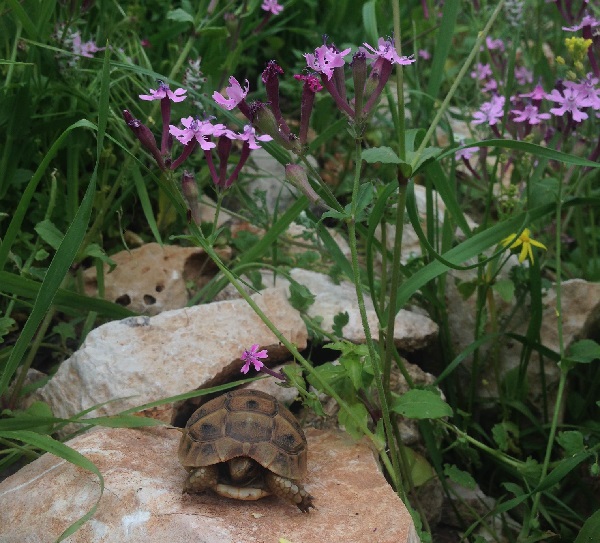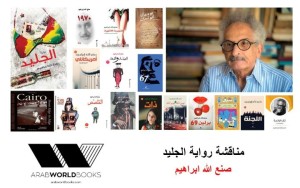For four days now my old body is fighting the COVID19. IN this I had joined some 360 million fellow human beings. I was reluctant to write on this for many reasons including that the experiences of many others is far more poignant. Two faculty members at the university and two close relatives and several friends lost their lives already tp this virus. Dozens of friends and relatives also survived it and described the experience to me in detail. I guess similar to the pandemic of racism and colonialism which took and still takes so many lives.
However, immersion in the experience of being infected is different from imagining it and emotions twirling in my head are unanticipated including those on morality and mortality. Scientific background provides a more predictable thought process and more certainty about knowledge than philosophical/religious human experience. The former gives results more predictable while the latter gives us a different perspective than with academic knowledge:
1) The easy part: As a biologist and judging my situation and degrees of interaction with others, I knew it was inevitable that I would get infected. I had studied the molecular biology and mutation rates of this virus (and taught some of this to masters students in molecular biology). I have looked at rates of infection, epidemiology, immunology, and symptomatology. I knew there was no going back to a pre-COVID19 world.
Vaccination only helps (hopefully) make mortality rates lower but the availability of billions of humans provides ample opportunity for mutation and evolution of this and other viruses. Health and survival are related to variables like diet, immune strength, genetics. I have also written extensively on the need for restructuring our politics and economy in radical ways if we are to have a post-covid world that is sustainable.
These memes are easy to agree on based on laws and data gathered by fellow scientists.
2) The hard part: epidemiology (theory of knowledge) shifts with personal experience. There are the pains and aches of an ailing body exacerbated in my case with an already aging body. When the organ systems do not function in a normal way, the brain is also affected. So we start to think of our past more and the uncertainty of our future. How much have I donated of my time and money? Have I left a good legacy and will it last (e.g. our Palestine INstitute for Biodiversity and Sustainability palestinenature.org)?
Will I be able to finish the books that are pending? Did I allocate enough time to young people? Did I do my best? Will I have a dignified end when it comes whether soon or ten years from now? These are questions that a scientific analytical mind does less well with than the graphs, figures and projections of epidemiology and patient health indicators.
In making a judgment on anything including on our own lives, we take into consideration complex variables and the result may not be clear cut. I and my wife did contribute a significant amount of money (so far over $300,000) towards sustainability in our community (of human and natural communities).
This is small compared to having left lucrative jobs in the US and devoting full time volunteering for many years (value is in the hundreds of thousands more). Yet, when ill, you reflect on whether this is enough. The same thought process I noted with some friends at their deathbed. Have we given of ourselves enough?
Khalil Gibran wrote " You give but little when you give of your possessions.
It is when you give of yourself that you truly give. For what are your possessions but things you keep and guard for fear you may need them tomorrow? And tomorrow, what shall tomorrow bring to the overprudent dog burying bones in the trackless sand as he follows the pilgrims to the holy city? And what is fear of need but need itself?"
I reflect on things I wrote years ago that shaped my own behavior. Things like this article on enlightened self-interest http://qumsiyeh.org/onenlightenedselfinterest/ and felt grateful that at least I tried to reinvent myself and recheck my own morality frequently.
But also the need to keep striving to "have joyful participation in the sorrows of this world."
So in these days of vulnerability and uncertainty, I ask myself: how much fear I have shed? Is it enough? As always challenges provide opportunities and I always grateful for challenges. Even breathing hard makes us appreciate good clean air. I am grateful for everything and regret so little. Grateful for having a kind loving wife. Grateful for thousands of friends, Grateful for animals and plans. Grateful for the rain. For mother earth.
Thoughts are rumbled and humbled by a small (mean) virus. Thoughts of departed friends and relatives. I miss my father, grandmother, grandfather, uncles and aunts. I miss friends like Qavi. One strand remained clear:
needing to light more candles instead of cursing the darkness and being grateful for all we have. Thank you for so many of you who continue to help others and thus continue to give us hope. And yes, thank you to all challenges in life oppression, injustice, occupation challenges and even COVID19. My late professor Robert Baker used to tell me what does not kill you only makes you stronger. I am grateful for the chance to reflect on mortality and morality, strength and weakness, love and giving. If fate has it that I get few more years to live (I am 65) then this experience is well worth it as it helps me reset even stronger along a steadier path..
With much love to all
Stay Human and keep Palestine alive
Mazin Qumsiyeh
A bedouin in cyberspace, a villager at home Professor, Founder, and (volunteer) Director Palestine Museum of Natural History Palestine Institute of Biodiversity and Sustainability Bethlehem University




